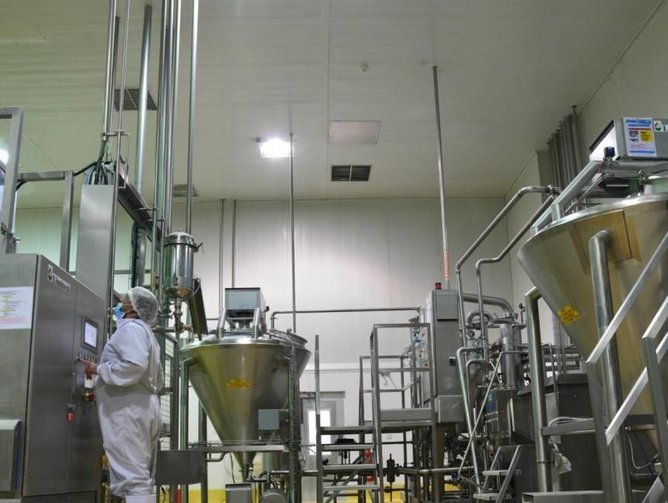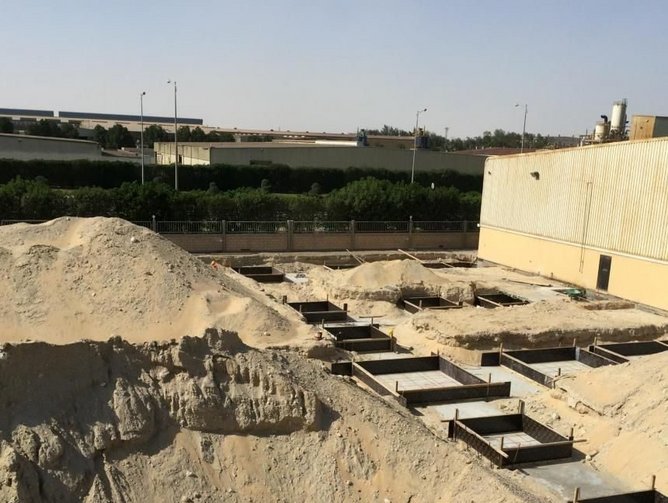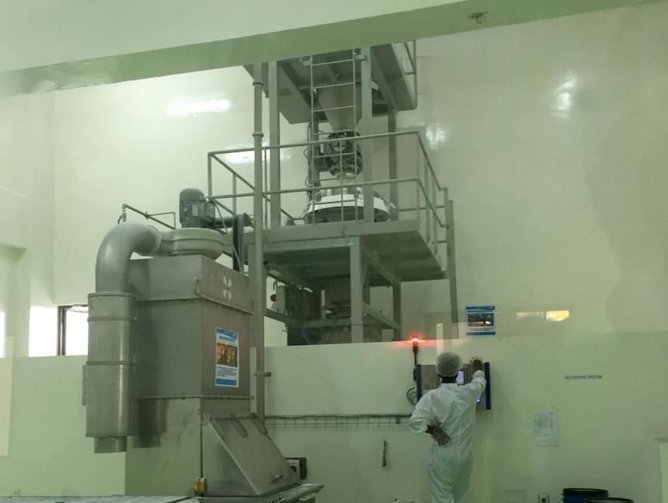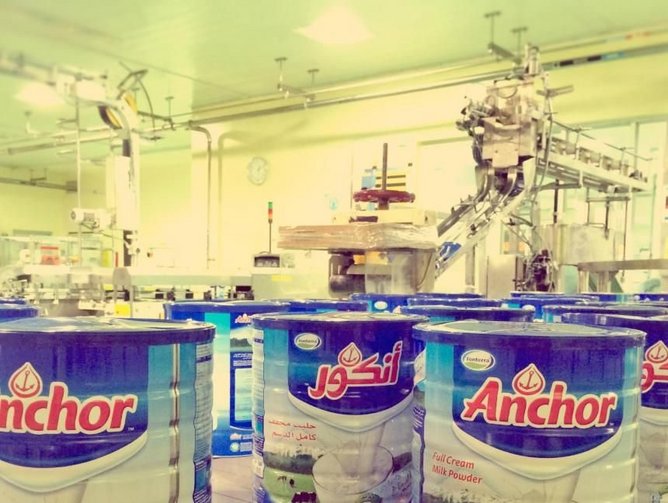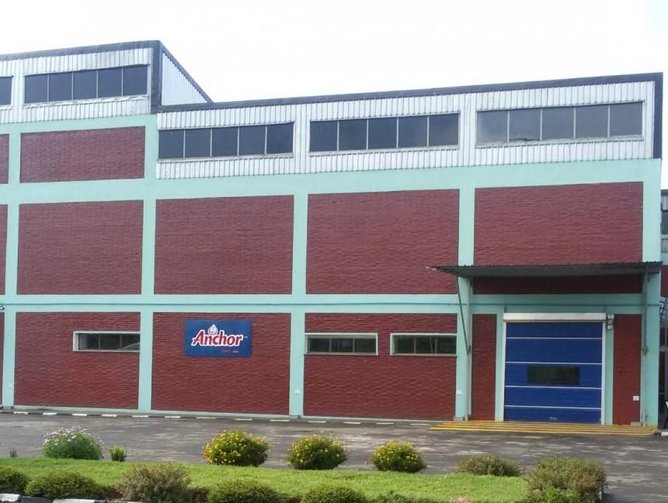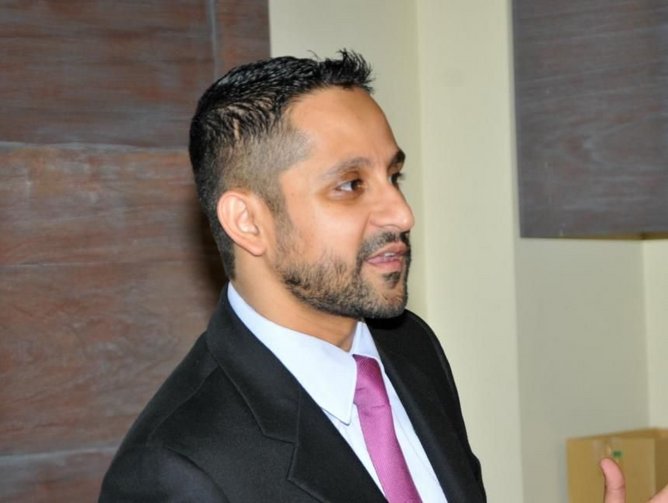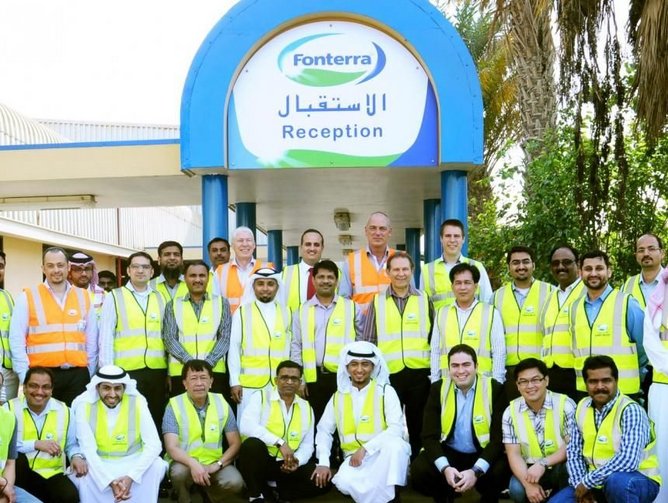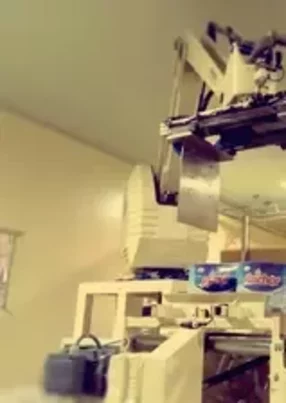New Zealand’s largest company, Fonterra, began as a merger of the New Zealand Dairy Board and Kiwi Cooperative Dairies in 2001, having previously operated as several smaller co-ops. It is owned by over 10,000 farmers and handles more than 90 percent of the milk produced within the country. While Fonterra as a corporate entity is relatively new, its heritage goes back nearly 150 years – Anchor was founded in 1886 and remains incredibly popular across each country in which Fonterra operates.
Fonterra’s reach spreads over 130 countries, maintaining two distinct arms of business: Fonterra Ingredients, which produces an array of daily ingredients to sell to huge food companies such as Nestle, Danone and Kraft, and a relatively smaller Brands division, specialising in converting those same ingredients to value-added products sold under Fonterra’s own brand names, making Fonterra one of the few fully-integrated dairy supply chain companies in the world.
New Zealand, with its human population of around four million, has between five and six million cows, leaving Fonterra needing to find homes for billions of litres of milk. The natural solution was to become a worldwide dairy exporter – now the largest in the world – and the fifth largest dairy producer.
Aamir Mehdi, Operations Director at Fonterra Middle East, has helped to develop the company’s enormous global reach from its Middle East headquarters in Dubai.
“I work within the Middle East/Africa/Central Asia sector of the business,” he says. “Of about 63 countries in this region, we are active within 25 of them. I look after the operations side which is composed of manufacturing, supply chain, R&D, procurement, and supporting new market expansion projects. This is a very wide region with a lot of emerging markets. We already have a presence with our own manufacturing facility in Saudi Arabia – our big regional manufacturing site – and we’ve recently expanded our asset footprint in Africa with a brand new factory in Addis Ababa.
“We sell milk powder, butter, and a variety of cheeses and creams, but in the absence of access to local milk pools in this region we choose - for now - not to compete with the big names in fresh milk products. We are committed to move New Zealand’s pure dairy nutrition across our markets; that is where all our dairy ingredients come from and then, and there’s a lot of processing involved to turn it into the consumer products we sell here. Innovation is a high priority; this can only be done if you have local assets. We can’t get everything ready-made from New Zealand.”
Everyday Nutrition
The portfolio for Mehdi’s region of the business is dominated by Everyday Nutrition, which targets products that people consume for basic nourishment. It involves a focus upon products which would be found on the typical household dining table for everyday consumption like butter, milk powder, and spreadable cheese. Fonterra also has Specialist Nutrition offerings for adults and children. The company intends a great deal of expansion into Africa, for which the concept of Everyday Nutrition customised for local needs - especially in markets with deficiencies - is proving popular.
“There are almost 100 million people in Ethiopia with little access to dairy nutrition, and if they can get it, it’s very expensive,” Mehdi says. “We have developed a product which targets deficiencies in children but costs less than a can of soda. Addressing the issues of affordability and availability are our main strategy for expansion.”
Corporate identity
Fonterra places a huge amount of focus on its identity with its customers, consumers, and shareholders. This identity involves being responsible in the way that it makes its nutrition available, including the basic quality of the product, hygiene factors, processing techniques, ingredients, and care for the environment. The company complies with the highest standards in the world, ensuring that the cows are almost exclusively grass-fed with no chemical hormones involved.
Sustainability is a major component of this identity, and Fonterra places enormous significance on the concept:
“Our dedication to sustainable standards allows us to work towards becoming seen as the most trusted source of dairy nutrition in the world,” Mehdi says. “We go to great lengths to signify and demonstrate that. As an example we are installing X-ray machines to check for contamination in all production lines, which sometimes cost twice as much as entire packing lines of some of our competitors; the effort we make to live by our aim to be the most trusted dairy is demonstrated at all touch-points - in the way we treat our animal herds, our people, and our customers.”
Farming operations
The farming operation in New Zealand is one of the most sophisticated in the world; the policies it has in place, the treatment of animals, milking techniques, and equipment are all state-of-the-art. The country’s beef industry allows for a lot of collaboration in the ethical treatment of cows, and Fonterra also works with environmental protection groups regarding the best ways to recycle the bio-waste they produce. As the biggest company in the nation, Fonterra is the employer of choice, and the scale of the business attracts key talent –beyond New Zealand, Fonterra relies on the strength of its brands and reputation for the same.
“Our sheer household presence across the world is a huge advantage,” says Mehdi. “The reach we have is massive, and people who come and work with us become ambassadors. When you see our products on the shelves, especially in the Middle East where there are aisles and aisles filled with options for consumers, we have something for every dining occasion. In terms of quality and freshness we believe our offerings are both world standard and differentiated.
“One of the strategies that we continue to work on is the strength of our brand, and what it stands for in terms of improving the life and health of families – that’s very close to our hearts. We don’t use a ‘one size fits all’ approach for products, especially in a place as diverse as the Middle East.”
Expansion
Fonterra’s expansion plans are quite focused towards Africa as well as building on the strength of current competencies in KSA. Mehdi considers the company to be hugely committed to the MEA region, with the Saudi factory in particular undergoing projects for new production lines that will make cheese products for every segment, suited to the local palate.
“When we look at the countries that we are present in, as well as where we are expanding, there is also focus on what we contribute back to the community. Raising The quality and skill set of local talent especially in KSA and Ethiopia is very high up on the agenda, We are spending time and effort in training, development and recruitment of fresh local talent from universities who can be groomed for future leadership of this business. Setting up a local R&D team in Saudi is a strong example of this.
“We’ll continue to invest heavily in pursuit of this goal of raising the capabilities of local talent. We want to be known as a very responsible corporate citizen, who is committed to this region for the long run.”
